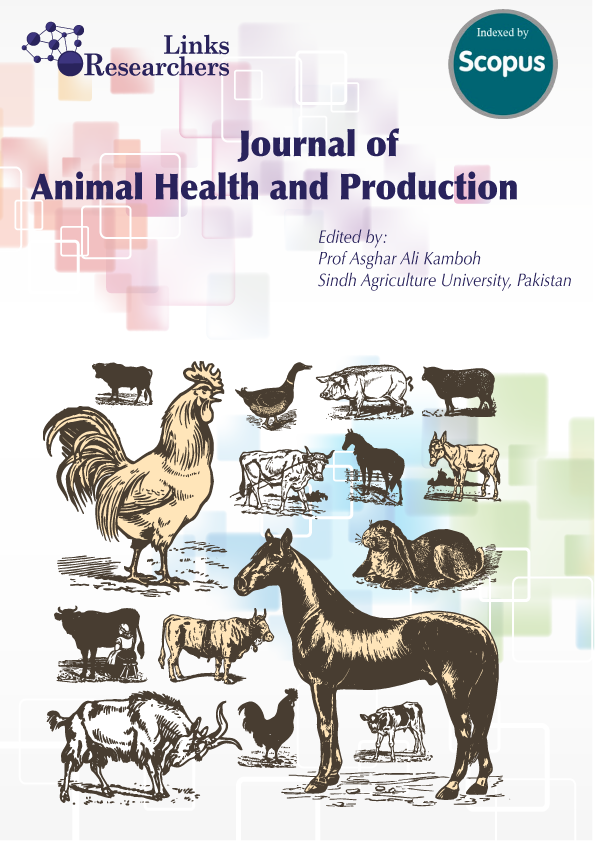The Role of Probiotics as Alternatives to Antibiotic Growth Promoters in Enhancing Poultry Performance
The Role of Probiotics as Alternatives to Antibiotic Growth Promoters in Enhancing Poultry Performance
Rico Anggriawan1,2*, Widya Paramita Lokapirnasari1, Sri Hidanah1, Muhammad Anam Al Arif1, Diyah Ayu Candra2
ABSTRACT
Research has been conducted on the utilization of probiotics as an alternative to antibiotic growth promoters (AGPs), particularly following the ban on AGP use in the world as well as by Indonesian authorities due to concerns about antibiotic resistance. This review article aims to assess the application of probiotics in the poultry industry. The use of probiotics in poultry has been shown to enhance production efficiency. Incorporating probiotics in chickens can improve feed nutrient assimilation, ration intake, meat protein content, and weight gain while reducing the feed conversion ratio. Probiotics commonly include bacteria and fungi. Notable microorganisms in this category are Lactic Acid Bacteria (LAB) such as Lactobacillus spp. and Bifidobacterium spp., as well as fungi like Saccharomyces spp., Rhizopus spp., and Mucor spp. These microbes specifically target the gastrointestinal tract. The metabolic mechanisms of probiotics differ from those of antibiotics. While antibiotics destroy both pathogenic and non-pathogenic bacteria in the digestive tract and can leave residues in tissues, probiotics enhance digestive health. They adhere to and form colonies on the intestinal epithelium, thereby minimizing the attachment and replication of pathogenic bacteria. In conclusion, probiotic microorganisms produce enzymes such as lipase, amylase, and protease, which facilitate digestion and improve metabolic processes and nutrient absorption. Additionally, probiotics secrete bacteriocins that can eliminate pathogenic bacteria, promoting a balanced microflora in the intestinal tract. This balance is crucial for strengthening poultry immunity, enhancing efficient nutrient absorption, and improving overall production efficacy.
To share on other social networks, click on any share button. What are these?





